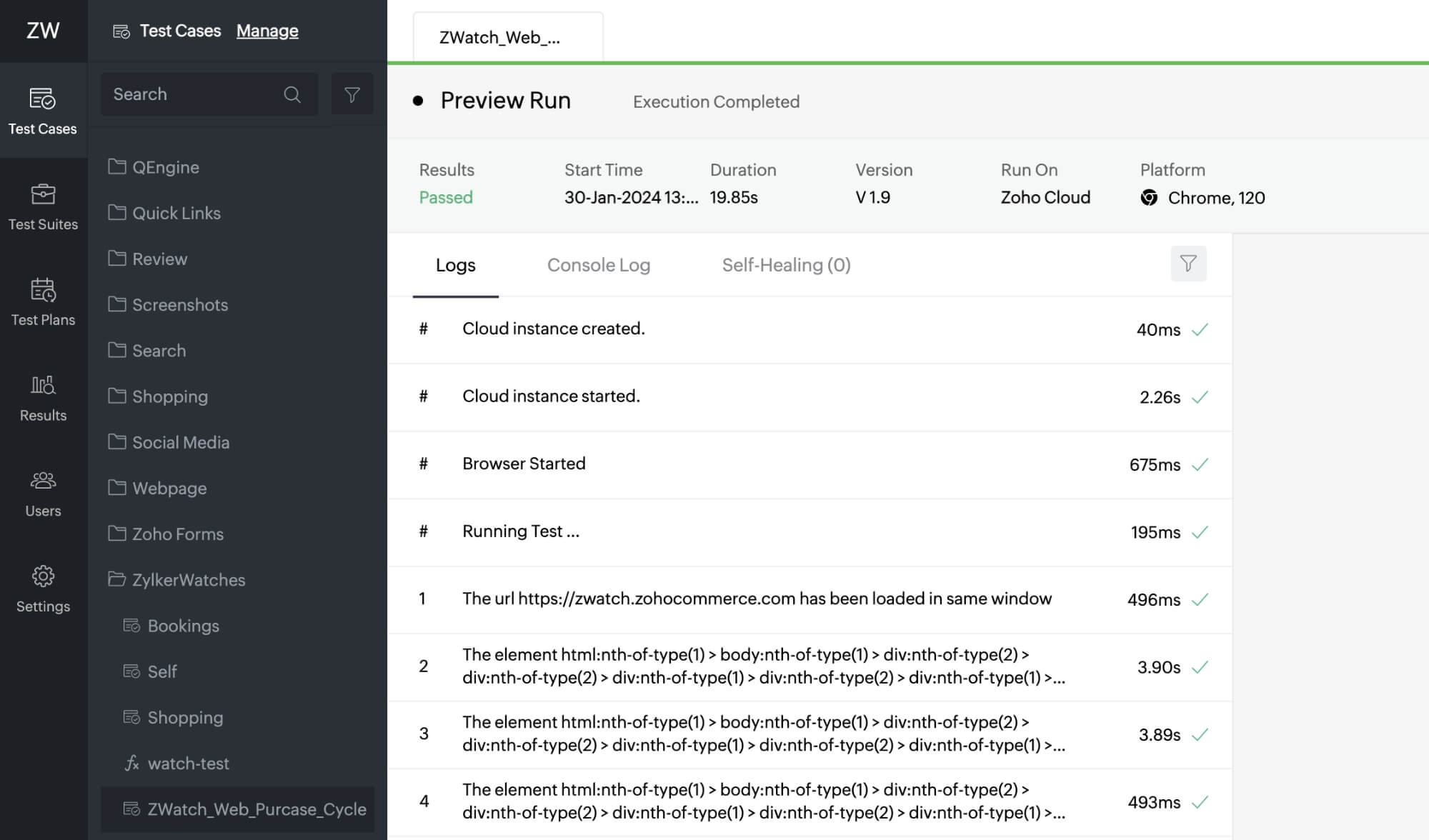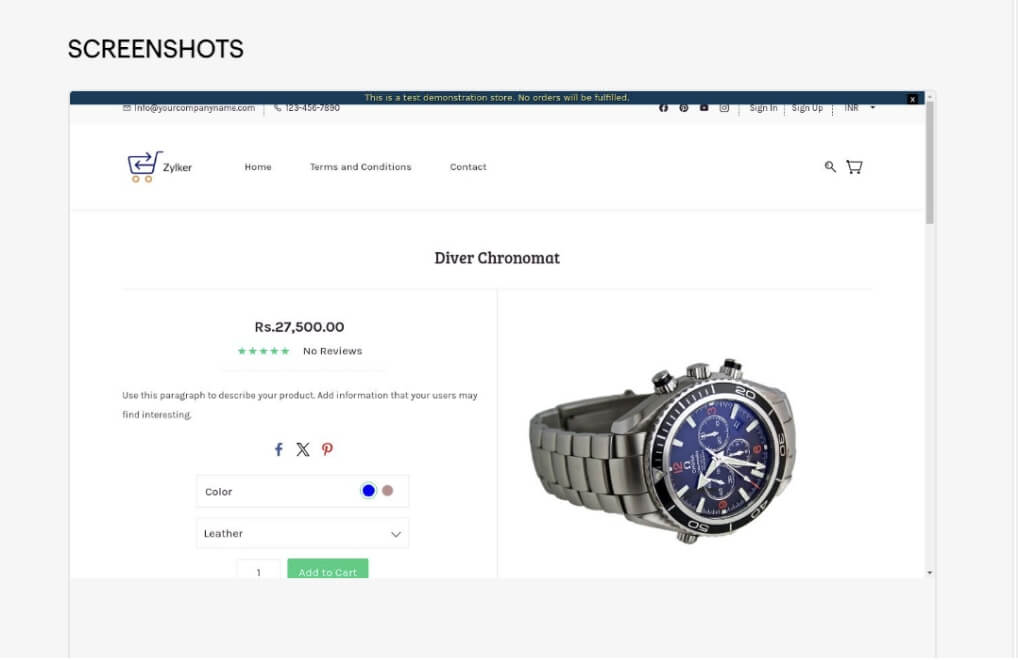Major components of ecommerce applications
Technology is revolutionizing the way we shop, and the rising competition in the retail industry has created the need for ecommerce platforms to scale up. Ecommerce companies are likely to lose valuable customers if they do not build a seamless omnichannel shopping experience.
User interface
The user interface of an ecommerce platform is responsible for informational and navigational components. Consumer buying behavior can be positively influenced with a highly-optimized intuitive software.
Servers
The application server hosts the ecommerce platform. The database server provides data storage. The proxy server secures user data. Together, they ensure privacy, security, and performance for the ecommerce platform.
Integrations
Integrations are the backbone of an ecommerce platform, connecting the front-end UI to multiple backend channels such as inventory, accounting, fulfillment, and shipment.
Key functionalities in an ecommerce platform
An ecommerce website has various components that need to be tested to ensure a great shopping experience, customer data protection, ecommerce fraud prevention, and business continuity in the long run.
How to test an ecommerce website
Automating repetitive testing
Ecommerce businesses constantly strive towards improving the user experience of their application to influence buyer behavior. Small enhancements from time to time, such as banners, color scheme, and promotions, can improve the overall shopping experience. Repetitive testing is mandatory to ensure that constant changes to the code do not impact the usability of the application.
Streamlining app performance
Performance can make or break an ecommerce business. It can significantly alter brand image and is the single most important differentiator for customers who are looking to shop online. Automated testing helps foster consistent and reliable performance testing to add business value.
Ensure security
Global ecommerce platforms generate trillions of dollars in revenue each year. Sensitive customer data stored in ecommerce applications needs to be protected. Vulnerabilities could result in data theft with serious implications, especially when personal information and banking information of customers is concerned.
Error-free complex workflows
Online shopping platforms heavily rely on integrations with multiple third-party service providers, creating a complex network of integrations that need to be tested. Such complex workflows can only be tested with an automation tool.
Test automation types that are important for ecommerce testing
Automated testing can improve test coverage by up to 80% depending on the nature of the tests. A simple UI, coupled with good performance, is key to the success of an ecommerce platform.


Ecommerce testing with Zoho QEngine


Execute smart testing
Create and execute test cases rapidly with Zoho QEngine's AI capabilities. The self-heal functionality automatically picks up errors in these tests and suggests rectifications.
Manage tests in a single window
Manage test cases for web, mobile, and API in a single window.
Omnichannel coverage
Testing ecommerce applications on multiple platforms, different types of operating systems, and various screen sizes can be a voluminous task. Improve your build verification process with Zoho QEngine.
Intuitive dashboards
With the help of Zoho QEngine, gather actionable insights from test reports to evaluate progress.
Team collaboration
Conserve time and effort with a streamlined approval mechanism. Zoho QEngine's built-in collaborative feature simplifies the feedback loop.
Test libraries
The test repository stores test data that can be easily retrieved and reused.
Test your next-gen ecommerce apps with Zoho QEngine
Frequently asked questions
1. Why is ecommerce testing important?
Ecommerce applications are built with multitier functionalities to cater to large scale retail operations and require comprehensive test coverage. Testing such complex workflows and integrations can be both time-consuming and expensive. An automated testing tool can improve ROI and ensure business longevity.
2. What types of testing are required for ecommerce applications?
In customer-facing applications, a great user experience guarantees customer retention. Ecommerce applications predominantly need functional testing to identify critical bugs, performance testing to check stability, security testing to ensure data-privacy, payments testing to enable safe transactions, and compatibility testing to check usability across devices.














